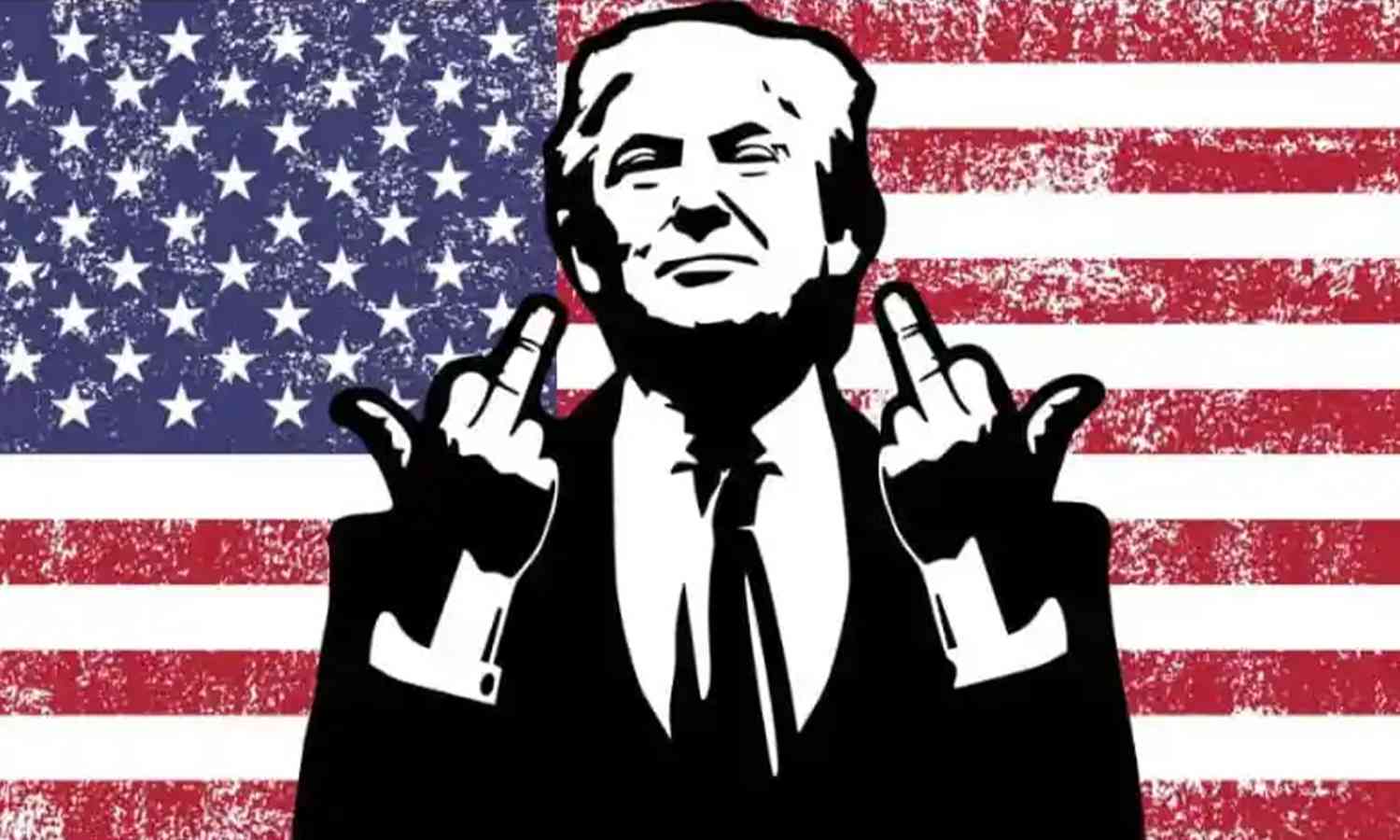Donald Trump is back as the President of America, and there are some major implications on the horizon for the Indian diaspora in the states. The same people, who danced in 'Howdy Modi' Rallies and ‘Ab ki Baar Trump Sarkaar’ summits in Texas, might be kicked out of America in the most unceremonious way in the coming months. The non-invite snub by Donny boy on his inauguration to Modi is a very straight forward signalling of how bad things are going to get for the desi NRIs. The questions is, will they all be kicked out of America, and if so, are they coming to crowd an already overcrowded India? And what will that do to the already shrinking job market back home? All in all, seems like no amount of Trump boot-licking and sucking up to white supremacist MAGA crowd will stop the other shoe to drop on the NRIs, and it seems almost like cruel joke at their expense.
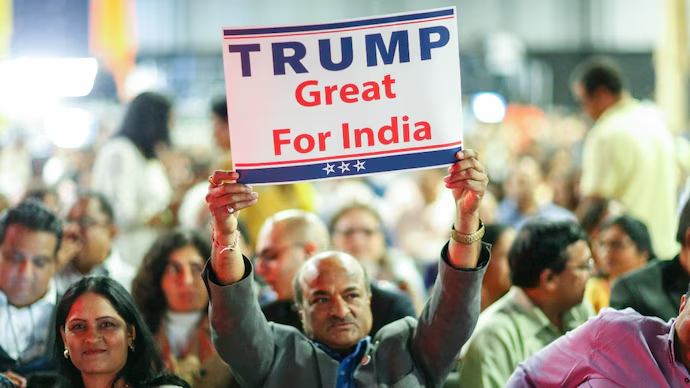
Currently Developing Situation:
Donald Trump has once again set his sights on birthright citizenship, pledging to eliminate it as part of his broader crackdown on immigration after he assumes office on 20 January. This contentious proposal raises critical legal and constitutional questions. Here’s a closer look at the issue, its origins, and Trump’s potential authority to enforce such a policy.
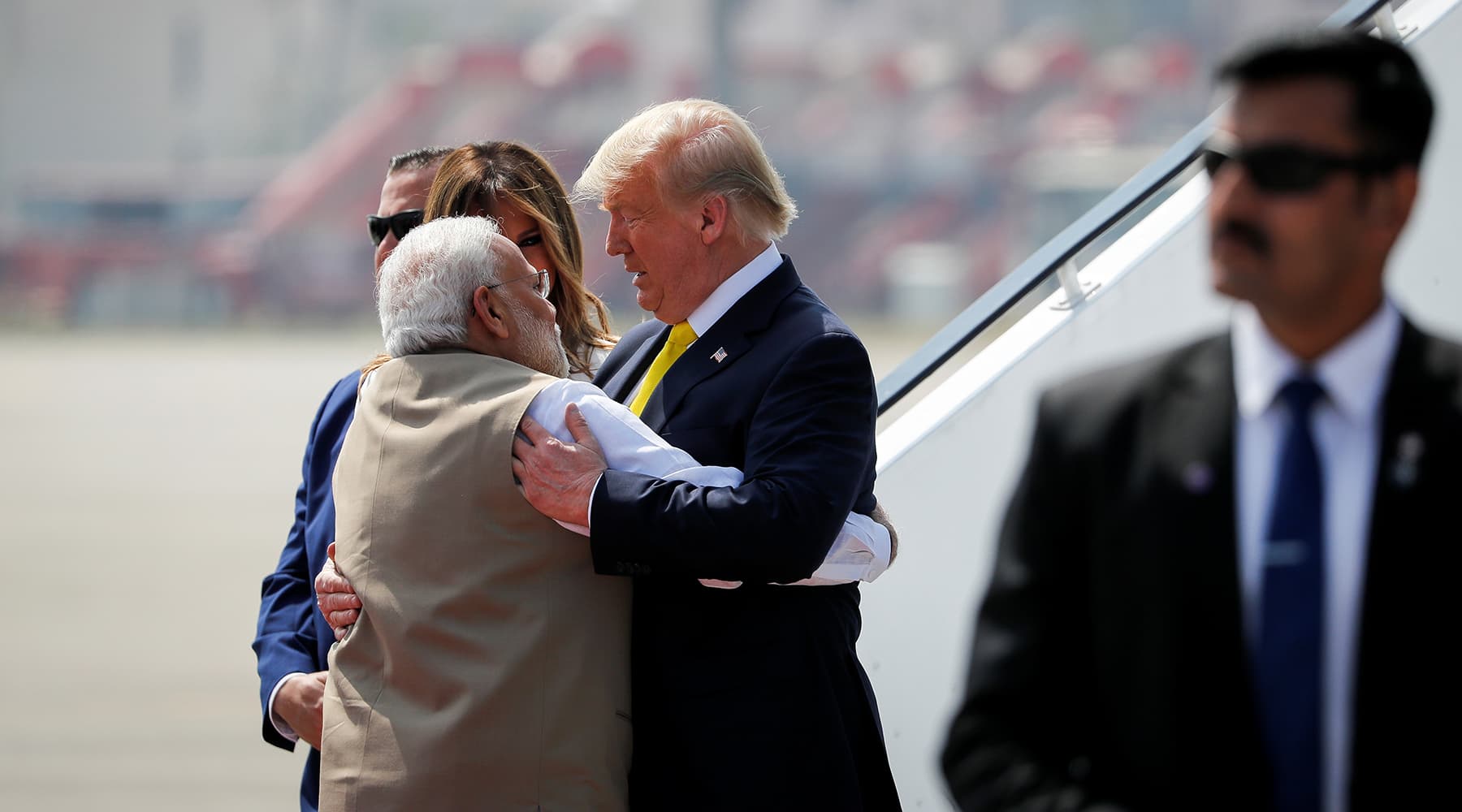
What Is Birthright Citizenship?
Birthright citizenship guarantees citizenship to anyone born on U.S. soil, a right enshrined in the 14th Amendment to the Constitution since 1868. The Citizenship Clause explicitly states - “All persons born or naturalized in the United States, and subject to the jurisdiction thereof, are citizens of the United States and of the State wherein they reside.”
This principle is further reinforced by the Immigration and Nationality Act of 1952, which adopts similar language to define citizenship.
As of January 2022, the U.S. Department of Homeland Security estimated 11 million undocumented immigrants living in the country, with analysts now suggesting the figure may have risen to 13–14 million. Children born in the U.S. to these individuals are granted citizenship. Trump has previously criticised what he calls “birth tourism,” accusing foreign women of travelling to the U.S. to give birth and secure citizenship for their children.
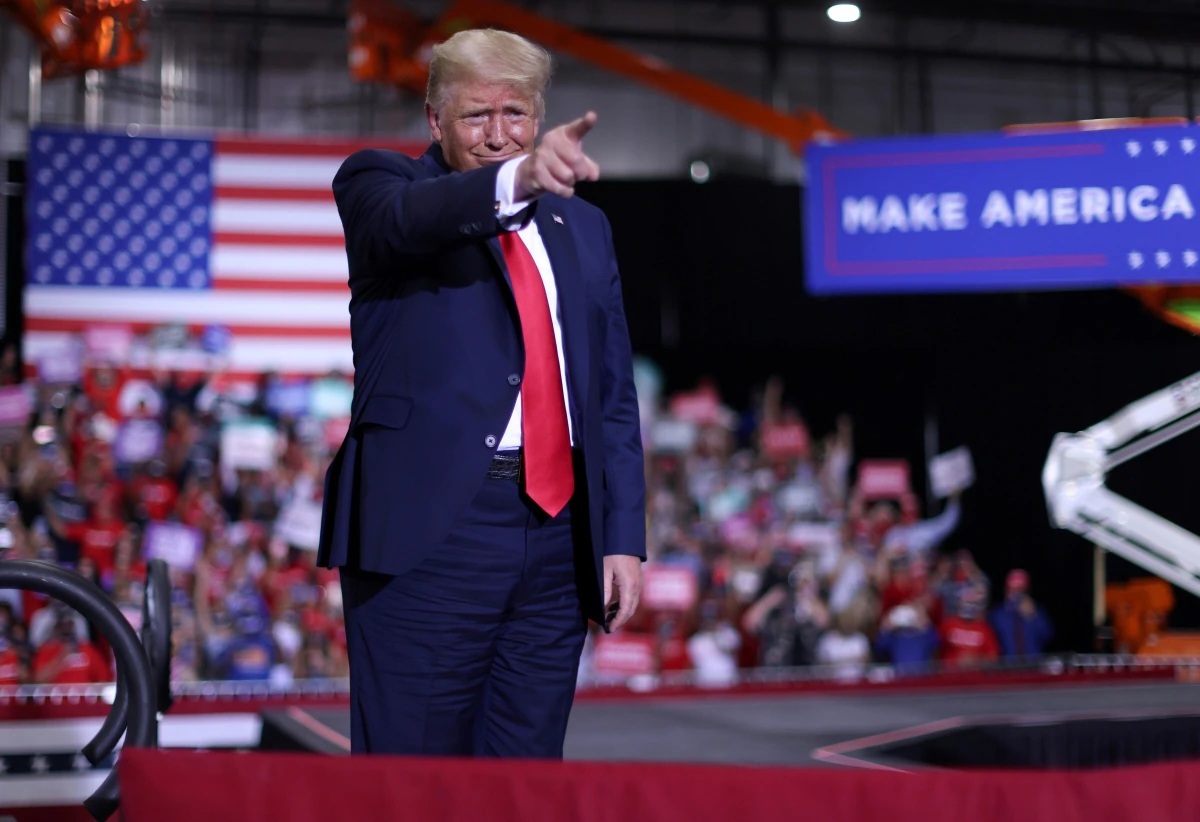
Who Are There Exceptions?
Yes, there are specific exclusions. For instance, children born in the U.S. to foreign diplomats with immunity are not granted citizenship because they are not subject to U.S. jurisdiction. The Supreme Court has yet to address whether the Citizenship Clause applies to children born to undocumented immigrants. The leading precedent dates back to 1898, when the Court ruled in favour of Wong Kim Ark, the U.S.-born son of Chinese immigrants. Despite restrictive immigration laws against Chinese nationals, the Court affirmed his citizenship based on his birth in San Francisco in 1873. In contrast, an 1884 decision denied citizenship to John Elk, a Native American born into a tribal community. The Court ruled that Elk was not subject to U.S. jurisdiction, a situation remedied in 1924 when Congress granted citizenship to all Native Americans.
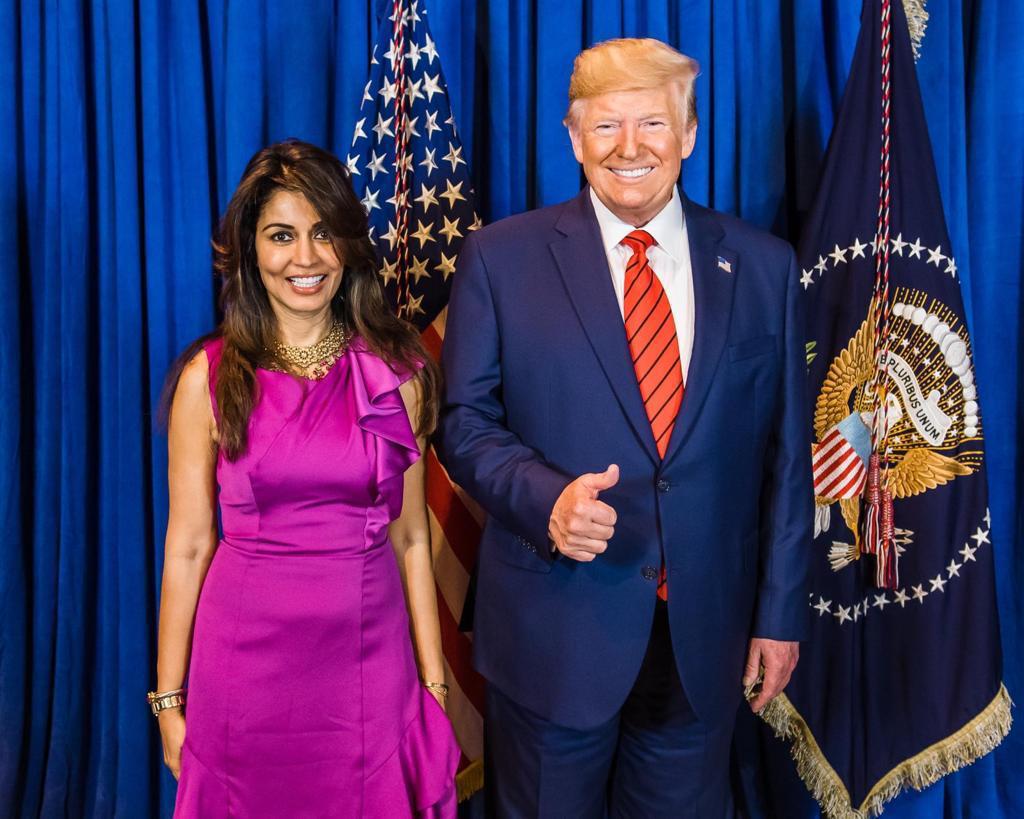
The Opposition to Birthright Citizenship
Critics of birthright citizenship often focus on the phrase “subject to the jurisdiction” in the 14th Amendment. They argue that this excludes individuals in the country illegally and, by extension, their U.S.-born children. Republican Senators Lindsey Graham and Tom Cotton have proposed legislation to clarify that children born to undocumented parents are not automatically citizens. However, most legal scholars reject this interpretation, noting that undocumented immigrants, unlike diplomats, are subject to U.S. laws and therefore meet the jurisdiction requirement.
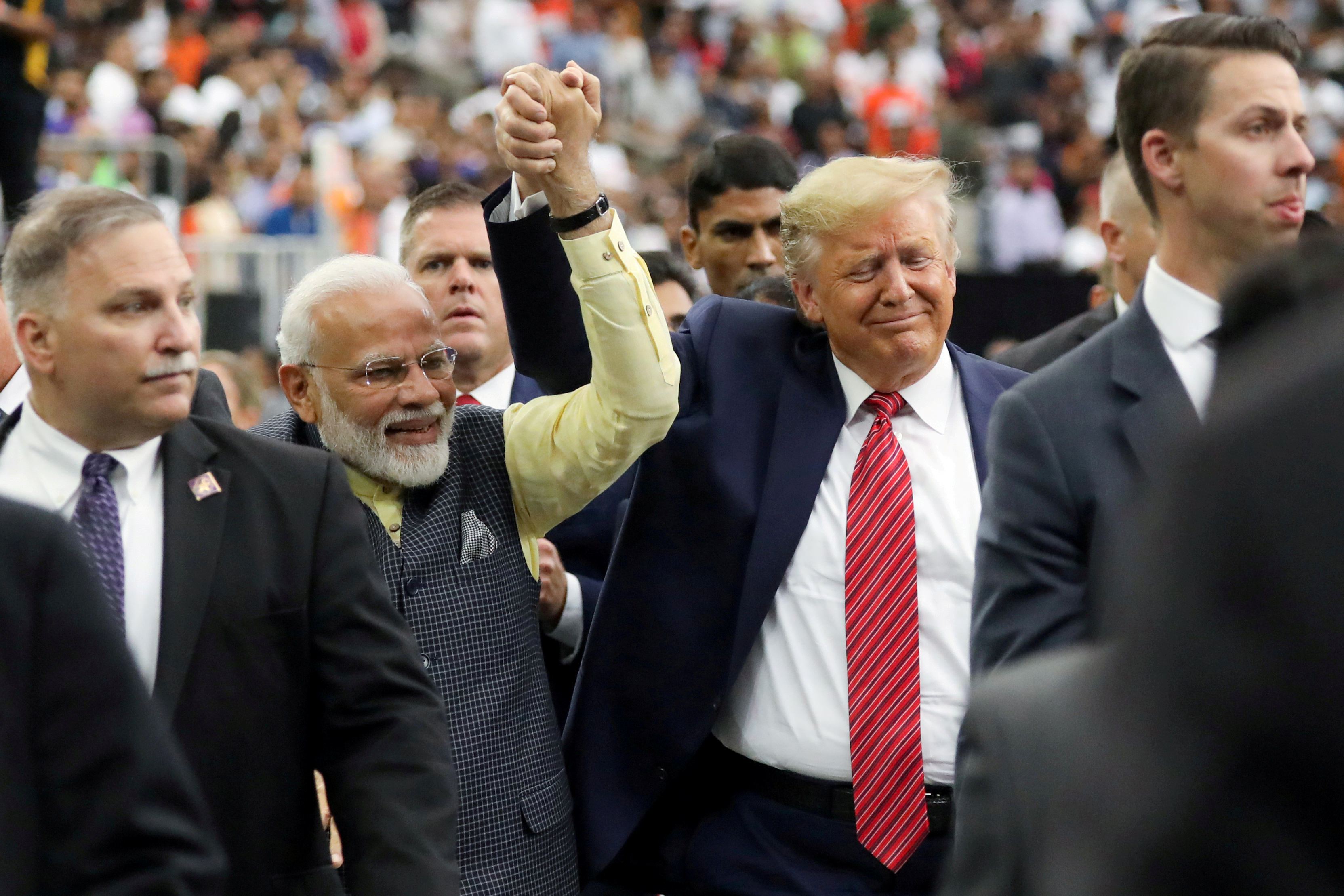
Can Trump Unilaterally End Birthright Citizenship With An Executive Order?
The U.S. Constitution grants Congress—not the president—the authority to regulate citizenship. No president has ever attempted to alter these rules through an executive order, though Trump floated the idea during his first term. If Trump were to issue such an order, he might stipulate that at least one parent must be a U.S. citizen, permanent resident, or military member to confer citizenship on a child—a provision echoed in Senator Graham’s proposed bill. This could involve instructing federal agencies to withhold passports and other benefits from those who fail to meet these criteria. Legal experts agree such an executive order would face immediate legal challenges and likely be blocked in court. However, the ensuing litigation could escalate the matter to the Supreme Court, forcing a definitive ruling on the constitutional scope of birthright citizenship.
The Only Hope For The Trump Loving NRIs
If the courts uphold the 14th Amendment’s current interpretation, only a constitutional amendment could change the status quo. This would require approval from two-thirds of both houses of Congress and ratification by three-quarters of state legislatures—a daunting process that could take years. Notably, the Constitution has not been amended since 1992.
However, Trump’s proposal has reignited a fierce debate over immigration and citizenship, setting the stage for potential legal and political battles with far-reaching implications. Something that his MAGA crowd laps up and cheers on, as America seems to be well on it's way to be all mask-off on racism and white supremacy. A turn, that has historically been a lynchpin to global upheval, wars and economic distraught. Welcome 2025.
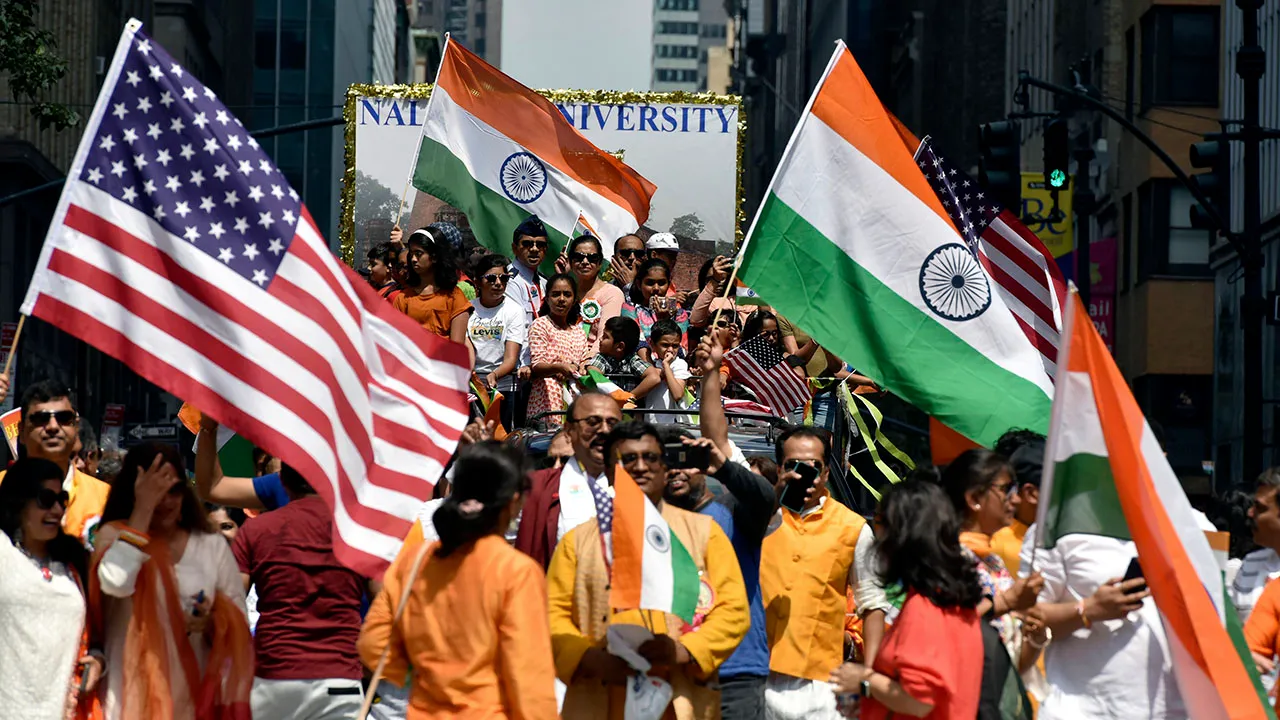
The views expressed in this article are personal. They do not reflect the opinions, beliefs, or positions of Vygr and Vygr Media Private Limited.
© Copyright 2024. All Rights Reserved Powered by Vygr Media.

